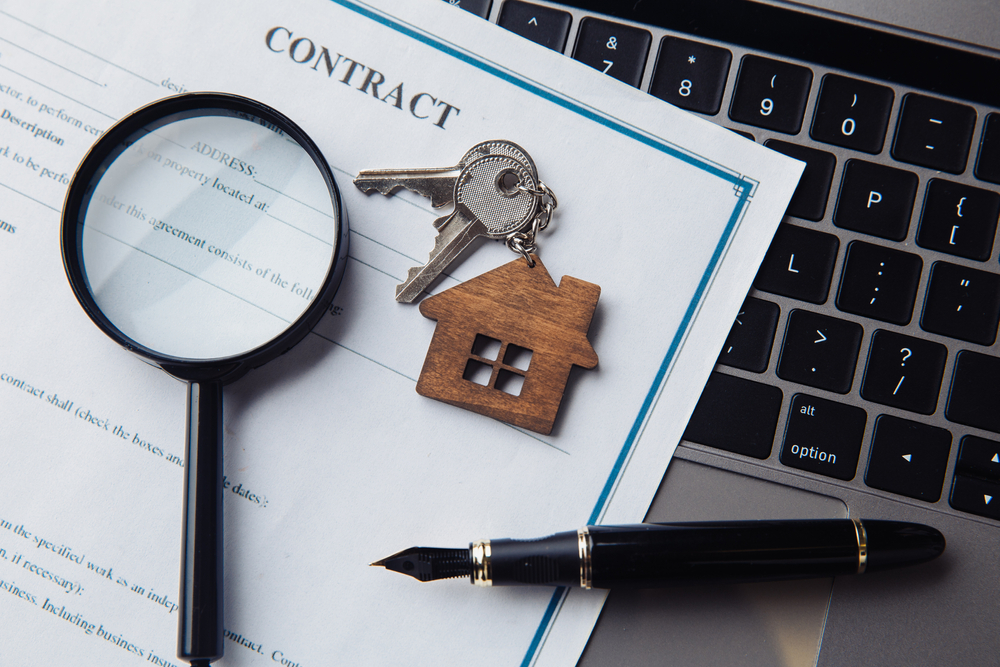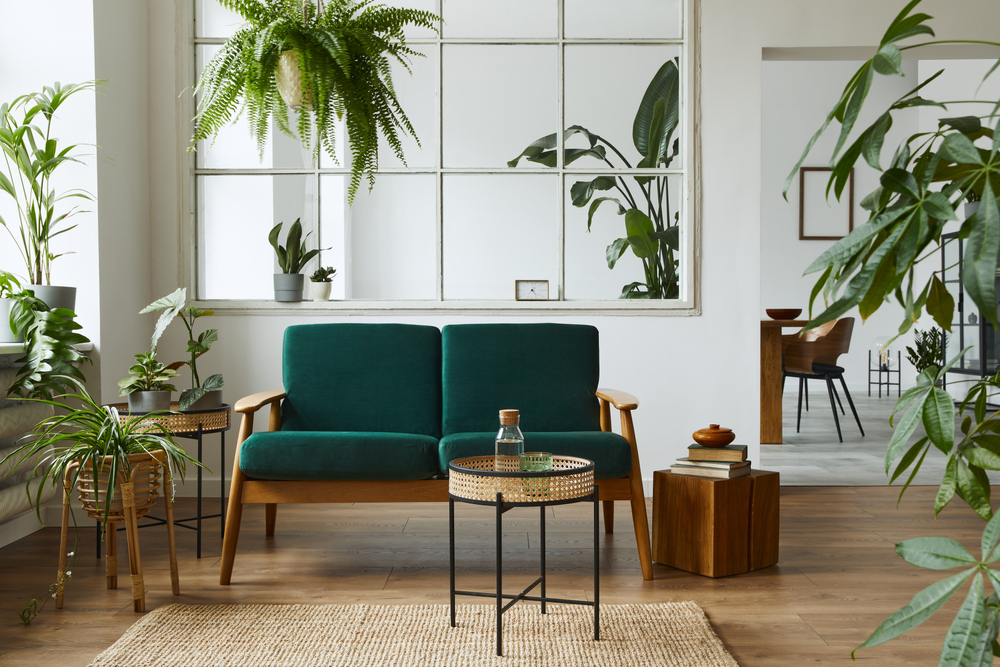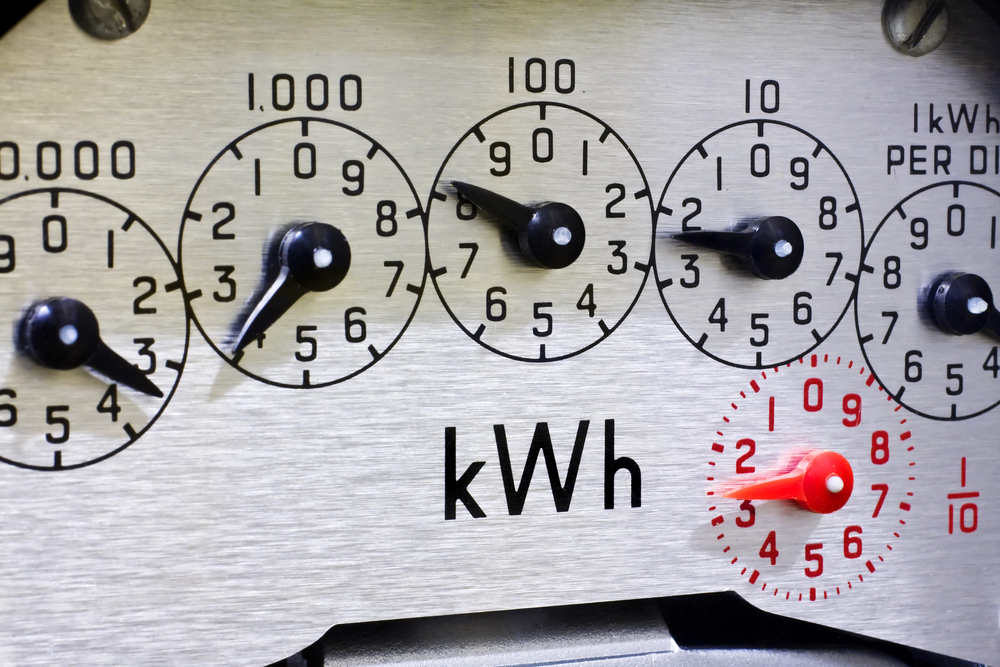Here’s How Renters Can Live Energy Efficiently
Unlike homeowners, renters often cannot make changes to their apartment, condo or home. Rental agreements differ, and renters might have limited options related to aesthetic and more permanent changes to their home.
How can renters embrace a more energy-efficient lifestyle? While many renters cannot replace appliances with upgraded and more efficient models, there are some changes that they can make without violating any rental agreements. Here’s how renters can live energy efficiently:
- Use energy-efficient light bulbs
- Adjust the thermostat
- Take shorter showers
- Use blackout curtains (in the summer)
- Ask to use window seals/film for added insulation

Review the Agreement
Before renters even consider any updates to a home, condo or apartment, they need to review their rental agreement. This should outline what they can and cannot change. However, some changes might not be addressed.
For example, there might not be any stipulation to having a small potted garden on a deck. To ensure that this doesn’t violate any policies, though, renters should ask before adding any garden (even if those plants are in pots).
If the landlord is fine with a deck or outdoor potted garden, renters could grow their own food or simply help add more oxygen to the environment (while helping to remove carbon dioxide). Green plants are one way for renters to embrace a greener lifestyle.
Even if outdoor gardens aren’t permitted, interior plants are likely fine. Indoor plants add ambiance and an earthy vibe to a room. Just be sure to maintain plants.

Easy Green Habits
Renters can embrace many simple green habits. These are everyday changes that can help renters decrease their energy use and lower their utility bills, too. Going green is easier than most realize; here are green habits to explore:
Change Light Bulbs
Renters are probably responsible for changing out the light bulbs in their fixtures. Make sure these bulbs are energy-efficient options. LED light bulbs emit less heat and use less energy. They also last much longer than other bulbs.
When a light bulb burns out, replace it with an energy-efficient LED.
Adjust the Thermostat
No matter if an individual owns or rents their living space, heating and cooling will still dominate the home’s monthly energy use (and costs). One of the easiest ways to decrease energy use and save money is by adjusting the thermostat.
During the summer, set the thermostat for the air conditioner to 78 degrees Fahrenheit. In the winter, set the heat to 68 degrees Fahrenheit. Just by making this simple adjustment to the home’s temperature, homeowners can decrease the use of their HVAC and lower their monthly bill.
Take Shorter Showers
A long hot shower might feel great, but it uses the power of the water heater and wastes water, too. According to the Environmental Protection Agency, “The average shower lasts about eight minutes. Since the average showerhead has a water flow of 2.1 gallons per minute, each shower uses more than 16 gallons of water!”
To save water and take the heat off the water heater, take shorter showers.
Use Blackout Curtains
Renters may be able to select their own window coverings. Blackout curtains can help keep out the hot rays of the summer sun and help the air conditioner work more efficiently. These curtains also can help save furniture and photos from the fading effects of those rays.
These curtains can be fairly budget-friendly. In addition, renters also could make their own blackout curtains. Sleep Advisor offers a tutorial for these room-darkening window treatments.
Use Window Film for Extra Insulation
Before installing anything in a rental property, ask the landlord first. While window films over windows aren’t permanent, they can add insulation to windows and protect against drafts and also keep hot air from migrating into a room via the windows.
Window film can be purchased at most home stores or online. The films are fairly inexpensive and easy to place over windows.

Other Ways to Save and Stop Energy Drains
Some daily bad habits also could be contributing to higher utility costs for renters. Here are a few additional easy changes to make to help lower utility costs:
- Only wash full loads of laundry and dishes. Smaller loads don’t necessarily use less energy.
- Wash clothes on the coldest setting possible.
- Turn off all lights when leaving a room.
- Unplug gadgets or appliances when they aren’t in use. Does the coffee maker have a digital clock? It’s wasting electricity to keep the time even when coffee isn’t brewing.
- Shut down the computer. While it’s convenient to leave a computer on sleep mode, the device is still using electricity. Just shut it off.
While renters might have fewer options to embrace a green lifestyle, little changes can make an impact on both their energy use (and waste) and their utility costs, too. When making changes that aren’t impermanent or superficial, though, renters should always ask permission.


